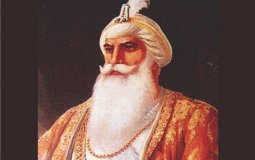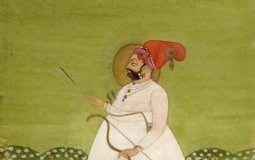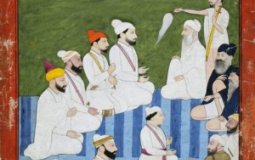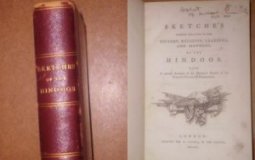He was a man of tall stature and and wonderful physique, was humble, but man of determination.
Sir Richard Sulivan wrote several books but readers of Sikh history will be interested in his work pertaining to India.
Thus, the period which started with the ideology of ‘Rāj Karegā Khalsa’ ended with the fact of ‘Khalsa Rāj’ when Sikh sovereignty was declared at Amritsar in 1765.
The women and children seeking refuge in streets of Panipat were hounded back in Afghan camps as slaves. Children over 14 were beheaded before their own mothers and sisters.
Our story today is about one of a triumvirate, a gallant warrior by the name of Sardar Gujjar Singh Bhangi. The other two were Sardar Sobha Singh Kanhiya and Sardar Lahina Singh Bhangi, a close relative of Gujjar Singh.
The extract from the above book relating to Sikhs is produced for general reference and for readers to draw their own conclusion. This short extract can be an addition to the 18th century European accounts on Sikhs.





